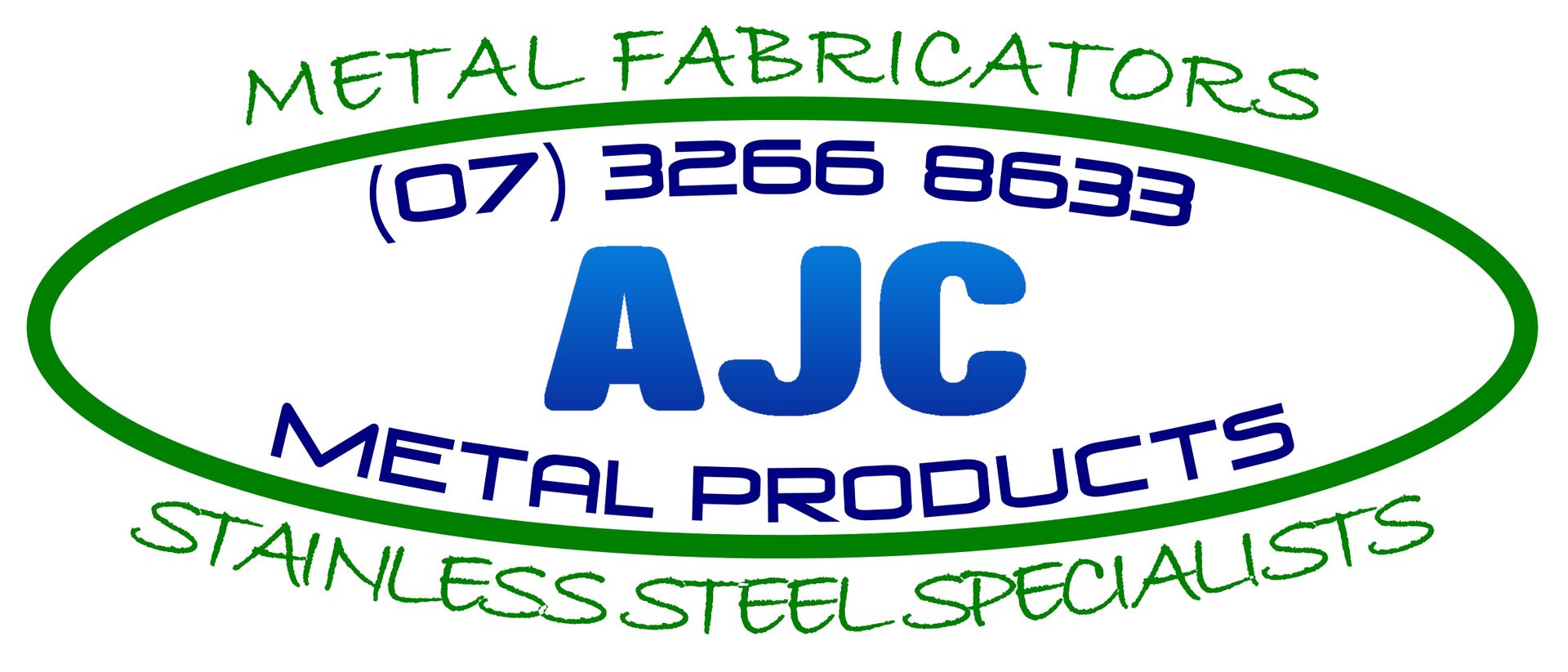Best Methods to Clean Common Metals
After you invest in a metal product, you want it to keep its original shine for as long as possible. Like most materials, metal products can get stains and smudges. However, you can keep your metal looking like new by using some simple cleaning methods, such as those we discuss below.
Aluminium
You can find aluminium in a variety of products including siding, paint, appliances, cans and blinds. Almost all aluminium products can become dull over time as layers of aluminium oxide form on the metal's surface.
You can easily remove the aluminium oxide with soapy water or aluminium cleaner. However, avoid using baking soda on aluminium products, as it will likely spoil the metal. If you prefer a homemade solution, try mixing cream of tartar with white vinegar.
Cast Iron
Most people use cast iron products, such as Dutch ovens for cooking purposes. One of the best ways to clean cast iron is with salt and cooking oil. Avoid using water on these products as the moisture can reduce the product's ability to preserve the flavour of foods when you cook.
If you clean cast iron properly, you can keep it sanitary and in good condition. Rust commonly corrodes cast iron, so regularly clean these products to avoid rust.
Stainless Steel
Stainless steel is one of the most hygienic metals available. However, the term 'stainless' doesn't imply that this metal cannot become dirty. Even stainless steel can dull over time and get dirty from oily smudges.
Additionally, stainless steel can corrode, but it is more resistant to stains and corrosion if kept clean.
You can clean stainless steel with a mild cleaner and fresh water. You can also use olive oil, vinegar and club soda to remove streaks on stainless-steel surfaces. As a rule of thumb, you can use most glass cleaners on stainless steel products.
If you need to clean more severe forms of food residue, grease, soap scum or watermarks, you may need a specialised cleaning product.
Chrome
Chrome is found on products like car rims, bike parts, pans and bumpers. You can best clean chrome products with soap and water or vinegar. Vinegar has just enough acidity to remove gunk and tarnish from chrome surfaces without corroding them. If you notice rust on your chrome product, use aluminium foil and vinegar to gently rub the rust off of the metal surface
Copper
Copper can tarnish quickly if it's cleaned with harsh chemicals. While tarnish doesn't necessarily cause damage to a product, it does cause copper to lose its shine.
A safer way to clean copper is to apply commercial copper-cleaning products. You can also remove dirt and smudges from copper by gently rubbing ketchup or salted lemon halves onto the surface.
Silver
Many decorations and cookware products are made with silver. Silver gives products an impressive, luxurious shine. Many people wear silver jewellery for this same reason.
You usually don't have to worry about cleaning silver jewellery. Often, simple contact with skin will keep silver clean. However, silver that is placed into storage for extended periods of time will often dull or tarnish.
Along with commercial cleaners, you can also clean silver with generic toothpaste. The gritty, non-gel toothpaste tends to polish silver better than gel toothpaste.
Keep in mind that metals may not be as resilient as you expect them to be. Avoid cleaning methods that scratch or corrode the metal. You can test unfamiliar or homemade cleaning product on metals by applying a small amount to an inconspicuous, small area. If the solution doesn't harm the metal, apply the cleaner to the rest of the product.
Use these tips to keep your metal products clean and shiny. If you're unsure about which cleaning product to use, consult the manufacturer or vendor for recommended cleaning solutions.
